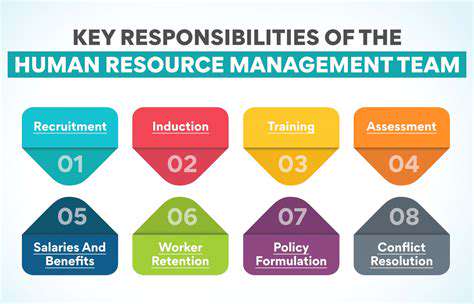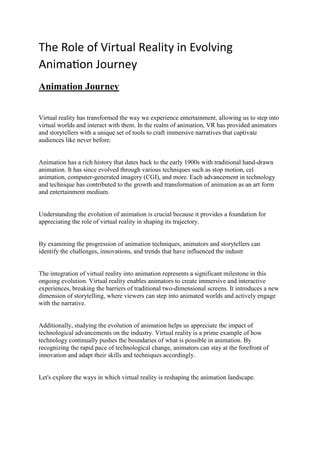Caring for a Senior Pet: Special Needs and Comfort
Dietary Adjustments for Senior Pets
Understanding Senior Pet Nutrition
As pets age, their nutritional needs change significantly. Senior pets often have reduced activity levels, which impacts their metabolism and energy requirements. This means a diet formulated specifically for senior pets is crucial for maintaining their health and well-being. Senior pet food typically contains higher levels of digestible protein and essential fatty acids to support muscle mass and joint health. It also often includes added vitamins and minerals to compensate for age-related deficiencies.
Senior pets may also have different digestive needs than younger animals. Specialized senior formulas often have lower fiber content and improved digestion ingredients to prevent digestive upset. This is particularly important as digestive systems can slow down with age, affecting nutrient absorption.
Caloric Needs and Portion Control
A significant adjustment for senior pets is often related to caloric intake. Reduced activity levels mean their bodies require fewer calories to maintain their weight, and overfeeding can lead to obesity, which further exacerbates various health issues common in senior pets. Precisely monitoring caloric intake through portion control and understanding the caloric density of the senior pet food is critical.
Consult with your veterinarian to determine the appropriate caloric intake for your senior pet based on their size, breed, activity level, and any underlying health conditions. They can also provide guidance on portion sizes and frequency of meals.
Protein and Essential Fatty Acids
Protein is essential for maintaining muscle mass and overall health, which often declines in senior pets. A diet rich in high-quality protein can help support lean muscle mass and prevent sarcopenia, the age-related loss of muscle tissue. Senior pet foods often contain specific protein sources like chicken or fish, ensuring adequate protein intake.
Essential fatty acids like omega-3 and omega-6 fatty acids are also important for senior pets. These fatty acids support healthy skin and coat, reduce inflammation, and maintain joint health, which are crucial for a senior pet's comfort and mobility. Many senior pet foods include these essential fatty acids.
Managing Dental Issues and Chewing
Dental issues are common in senior pets and can affect their ability to eat properly. Senior pet foods often come in various textures, including softer kibble or pate, to make eating easier and more comfortable for pets with dental problems. Regular dental checkups and appropriate oral care are also vital for senior pets.
Addressing Digestive Health
Digestive systems can slow down in senior pets. Senior pet foods often have specialized ingredients that support healthy digestion, and prebiotics and probiotics can be beneficial in maintaining a healthy gut microbiome.
Consult with your veterinarian to determine if any digestive supplements are needed for your senior pet. It's vital to monitor for any signs of digestive upset or changes in bowel habits.
Hydration and Water Intake
Senior pets, like all pets, need to maintain proper hydration. Senior pets may have a reduced thirst drive, which can lead to dehydration. It's important to ensure fresh, clean water is always available and to encourage your senior pet to drink by placing the water bowl in a convenient and accessible location.
Specialized Senior Food Options
The market offers a wide range of senior pet food options, catering to various breeds, sizes, and specific dietary needs. Always consult your veterinarian to choose the best senior pet food for your pet, considering any allergies, sensitivities, or underlying health conditions. Your vet can assess your pet's specific needs and recommend the most appropriate food type.

Read more about Caring for a Senior Pet: Special Needs and Comfort
Hot Recommendations
- Immersive Culinary Arts: Exploring Digital Flavors
- The Business of Fan Funded Projects in Entertainment
- Real Time AI Powered Dialogue Generation in Games
- Legal Challenges in User Generated Content Disclaimers
- Fan Fiction to Screenplays: User Driven Adaptation
- The Evolution of User Driven Media into Global Entertainment
- The Ethics of AI in Copyright Protection
- Building Immersive Narratives for Corporate Training
- The Impact of AI on Music Discovery Platforms
- AI for Audience Analytics and Personalized Content











